Crisis of Faith: Christian Nationalism and the Threat to U.S. Democracy
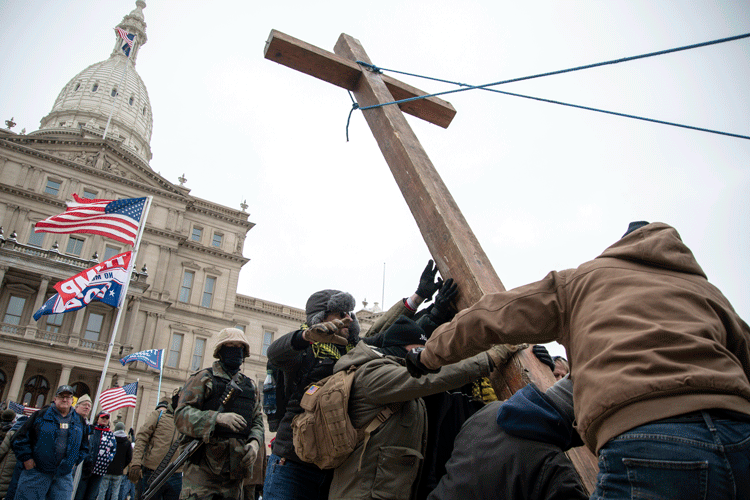
When the Conservative Political Action Conference convened in Texas last month, state Lt. Gov. Dan Patrick took the stage and surveyed the culture war issues that define today’s Republican agenda: hostility to immigration and transgender rights, and deep commitment to gun rights as a defense against government tyranny.
But in folksy, pastoral tones, he cast these intense issues as subordinate to a higher mission. America’s heritage as a Christian nation is in jeopardy, he warned, and as proof, he cited a recent Gallup Poll that found 67% of liberals believe in God, compared to 95% of conservatives.
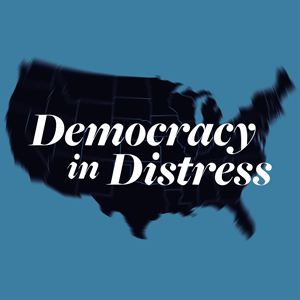
In this crucible, “we have to be ready for battle,” Patrick admonished the audience. “We have to be ready for the fight because we are not in a fight any longer of Republicans and Democrats of the old days. We’re in a fight of lightness and darkness. We’re in a fight of powers and principalities.”
For those fluent in the language of conservative evangelical Christians, Patrick’s message was unmistakable: The midterm elections this fall and the presidential election in 2024 comprise a battle pitting God against Satan — with liberals doing the work of Satan.
Until recently, such apocalyptic appeals would have been seen as extreme and confined to the political fringe. But in a series of interviews, UC Berkeley scholars described the increasing power of hard-right American Christians, almost all of them white, who have been radicalized by 50 years of social change and demographic change — and by the dramatic decline of their own churches.
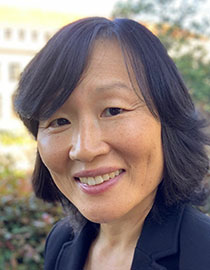
Today, immersed in existential crisis and a moral panic, these Christian nationalists are casting aside the core values of democracy, the scholars said. They’re backing autocratic political leaders who espouse their religious values. And they’re using minority rule to marginalize opponents and to impose their values on the broader society.
“In a diverse society like the United States, a democratic government has to be for all the people,” said Sarah Song, a Berkeley professor of law and political science. “If democracy is supposed to represent the interests of all of the governed, including people of different religious faiths and people with no religious affiliation, the political rise of Christian nationalism and the success in implementing certain laws … is corrosive of democracy.”
In the past few months alone, the Christian nationalist movement has achieved stunning success in its efforts to tear down the wall separating church and state and to weaponize Christianity against perceived foes.
After a decades-long campaign by the religious right, the U.S. Supreme Court in June expanded public funding of religious education, authorized prayer in public schools and then struck down abortion rights. The Christian right has targeted same-sex marriage and trans rights. Adherents have supported vote suppression efforts that target voters of color. They’ve campaigned to ban books deemed offensive from school and community libraries. They’ve denied the reality of climate change and rejected the life-saving power of COVID-19 vaccines.
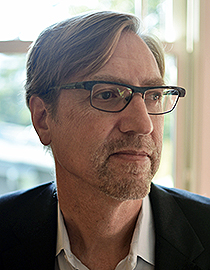
“For those who feel like they’re locked in an existential struggle with demonic forces, democracy might feel like a second-level kind of problem,” said Berkeley political scientist Paul Pierson. “They may feel completely justified in using whatever levers of political power are available.”
To be sure, Berkeley scholars said, millions of U.S. Christians reject such politics as contrary to their religious values. But moderate and progressive Christians in recent decades have not joined the culture wars to define America with the same as more conservative Christians. They’re often nearly invisible in the news media.
In such a climate, said Pierson, “American democracy clearly is at risk.”
A religious people? Yes. A Christian nation? No.
It is a matter of faith among Christian nationalists that America was founded as a Christian nation and that it should be guided by the religious values of the past. But while America historically been predominantly Christian, Berkeley scholars said, state and federal government generally have not followed Christian doctrine.
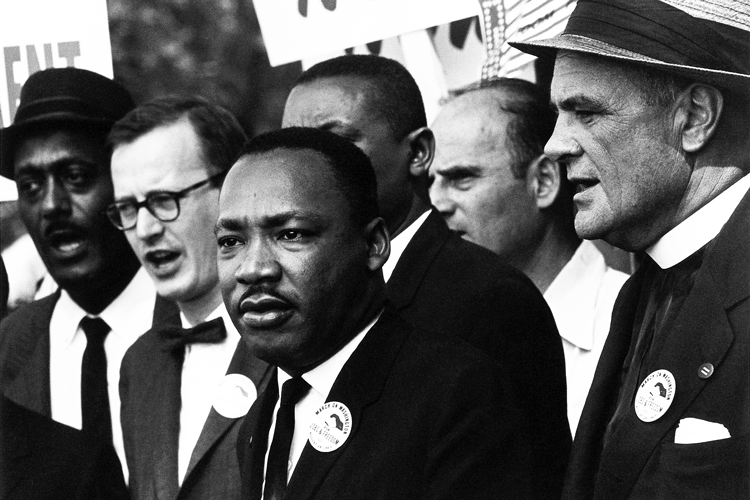
“Many of the Founders — though I wouldn’t say all — were very concerned about religion as the guiding force for government,” said Berkeley historian Ronit Stahl. “That wasn’t a critique of religion in people’s personal lives, but there was a wariness about what it meant … for government and religion to be fully interlaced.”
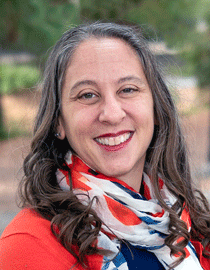
That mix of tolerance and caution is built into the First Amendment: Congress can’t interfere with people’s religious freedom, but it can’t establish a state religion, either.
Religion was deeply rooted in the American character, and so was religious conflict. Protestant denominations quarreled in the early decades of the Republic. Soon, newly arrived Catholic immigrants suffered violent discrimination, as did later waves of Jews and Muslims.
But religious conflict in the U.S. has persistently focused on race, said David Hollinger, an eminent Berkeley historian of American religion. “Race does not explain everything,” he writes in a forthcoming book, “but it is entwined with religion at virtually every point in the history of the United States.”
As early as the mid-1700s, Quakers were leaders in the movement to abolish slavery — but they met resistance from Quaker slave-traders and others in their own communities. In the 1840s, slavery provoked the Southern Baptist Convention to split from the main Baptist church. Leaders of the breakaway faction argued that slavery was justified by the Bible.
Writing in Christianity’s American Fate (Princeton University Press, October 2022), Hollinger recounts how the old divide flared starting in the 1940s.
While Protestants from established mainline churches were working with the Rev. Martin Luther King Jr. and other Black church leaders to advance civil rights, white evangelical Protestants —including such influential leaders as Billy Graham — were broadly opposed to school integration and interracial marriage.
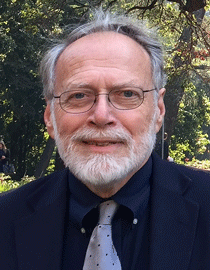
“Evangelicalism,” Hollinger said, “created a safe harbor for white people who wanted to be counted as Christians without having to accept what ecumenical leaders said were the social obligations demanded by the Gospel, especially the imperative to extend civil equality to people who aren’t white.”
With the nation bitterly divided over civil rights and racial equality, the Republican Party in the 1960s began to build an alliance with white Southern conservatives. The bond was cemented by racial resentment and, in time, by opposition to abortion, women’s rights and LGBTQIA+ rights.
But society was changing dramatically, and for many old-school religious people, this was disorienting — and alarming.
In a 2019 speech, then-U.S. Attorney General William P. Barr warned that the rise of “militant secularism” is causing a “moral upheaval” reflected in violence, drug use and pregnancy outside of marriage.
“We are told we are living in a post-Christian era,” said Barr, a Catholic. “But what has replaced the Judeo-Christian moral system? What is it that can fill the spiritual void in the hearts of the individual person? And what is a system of values that can sustain human social life?
“The fact is that no secular creed has emerged capable of performing the role of religion.”
But the critique is an expression of nostalgia for an imagined golden age — an age, said Stahl, that never existed.
“The fiction that some people are trying to build is that there’s a singular conservative Christianity that had a heyday in the past and that can be reclaimed now and used to fashion a new American society,” she explained. “Some people think we should return to the 1950s, or the 1790s. But those are very clearly moments in which racial inequality and racial hierarchies are enshrined in law.”
As the values of the 1950s fade, a ‘moral panic’ sets in
For many of the faithful and the formerly faithful, it’s not society that has lost its compass, but the conservative wings of the Protestant and Catholic churches. Racial integration, women’s rights, LGBTQIA+ rights — most Americans, and most Christians, have come to recognize that prejudice dehumanizes victims and violates core democratic values.
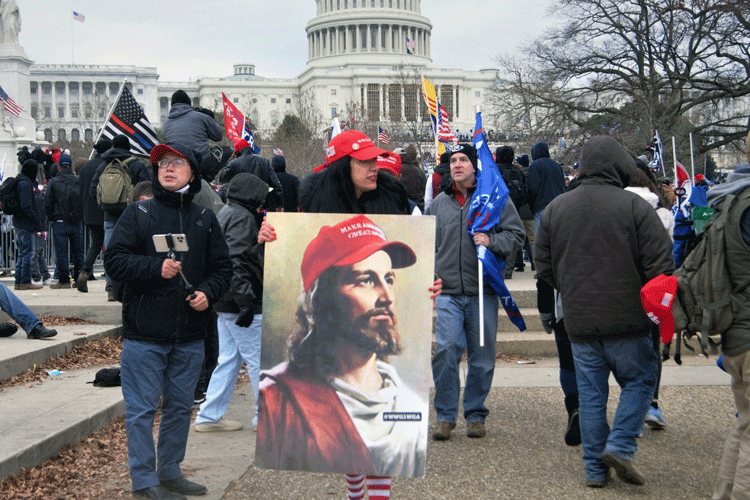
But conservative churches often have resisted these changes, sometimes fiercely. At the same time, the Catholic Church and the Southern Baptist Convention have been deeply discredited by child abuse, sex scandals and high level cover-ups.
In response, millions of their members have grown disillusioned and walked away.
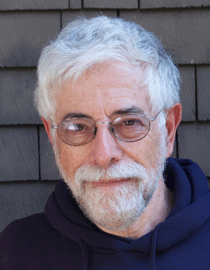
Claude Fischer, a Berkeley sociologist, points to a watershed Gallup poll showing that in 2020, for the first time since the poll began in the 1930s, fewer than 50% of Americans were affiliated with a church, synagogue or mosque. That poll showed 21% of Americans had no religious affiliation; the Pew Research Center put the number of “nones” at 30% in a recent report.
And though white evangelical Christians loom large in the political landscape, the Public Religion Research Institute last year reported that their numbers have fallen precipitously, from 23% of Americans in 2006 to 14% in 2020. Just 7% of the group was young adults.
All of these changes have stoked an existential crisis among conservative Christians, Fischer wrote recently. “Conservative legal figures’ agitated response to trends in religion illustrates what is happening also in school boards, state legislatures, and even the streets: The right is aggressively trying to repel the leftward cultural tide.”
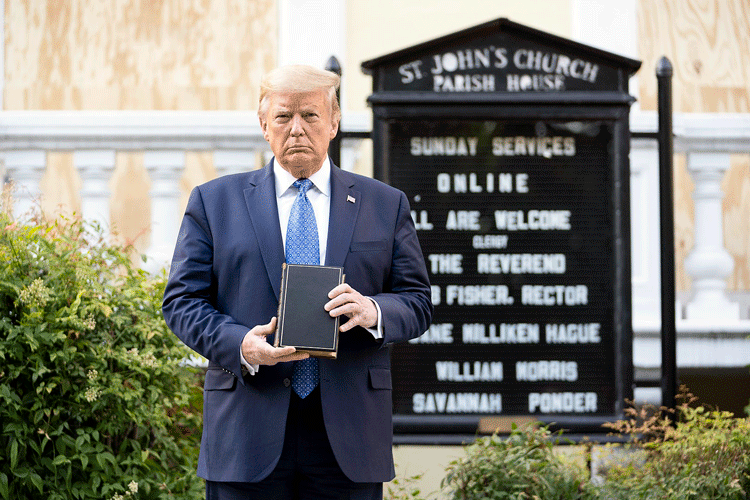
Those who remain in the pews generally skew harder to the right, scholars said. Despite their outsized political influence, they see themselves as victims under assault. Their defenses grow more fiery: They oppose teaching critical views of U.S. racial history in schools. They are more vulnerable to QAnon and other conspiracy theories. They’re more likely to mobilize for right-wing demagogues who claim that liberals are mounting an attack on Christmas or that election fraud cost former President Donald J. Trump the 2020 election.
In the ranks of the religious right, Fischer wrote, “this moral panic justifies forceful efforts to defend religion in the courts and presumably thus save the nation.”
An all-or-nothing struggle where the ends justify the means
Of all the images to emerge from the Jan. 6, 2021, attack on the U.S. Capitol, none, arguably, are so disorienting as those of hard-right insurrectionists claiming the mantle of Christianity. Some carried a wooden cross. One poster featured Jesus Christ in a red MAGA hat. A handful of the rebels who penetrated the Capitol prayed in the Senate.
Attacking a global symbol of democracy based on devotion to Trump and his fabrications about election fraud — in spirit, the rioters seemed far from the humility, compassion and forgiveness that are central to the teachings in the Gospels.
The irony is that such radical action may only drive more people away from conservative churches because, as Fischer explained, it “reinforces the growing view that organized religion is just reactionary ideology in vestments.”
Of course, not all conservative Christians are militant. Over a span of decades, Berkeley scholars said, many have worked within conventional political structures, organizing and raising funds with remarkable success. While just 14% of the public, evangelical Christians account for about a quarter of voters.

But cultural, demographic and economic change have left much of rural and small-town America behind, and to many, it seems that the 1950s model of a good American no longer matters. As their world has changed, and their numbers have declined, the struggle for many conservative Christians becomes not just about religion, but about economic and identity insecurity.
Berkeley sociologist Carolyn Chen has written extensively about religion in modern America, and she said some scholars argue that morality becomes a symbol that some people embrace — a badge of identity and a source of social security.
Chen explained: “They might say, ‘Well, I may not be making as much money as you, but I’m more godly than you. I’m living a more virtuous life than you.’”
In extreme cases, the impulse to defend a personal Christian and American identity transforms into an all-or-nothing struggle for existence, where the end justifies the means.
Pierson explored the emergence of the modern, militant Christian right in his 2020 book, Let Them Eat Tweets, and in an interview he described how some political and religious leaders, supported by right-wing media, have worked together toward a radical Christian subculture.
The same process of stoking identity warfare has happened among gun owners, Pierson said. In both cases, the result is “a broader political and cultural dynamic that produces an intense sense of threat, fear and anger.”
“Think about the role of right-wing media,” Pierson said. “There’s so much on the right that is designed to feed into the idea that you actually can’t coexist with these other folks because they’re coming for you, and they’re coming for your family.”
“Evangelical Protestant leaders have done much more than overzealous progressives to create and shape today’s crisis of democracy,” Hollinger writes. “(They) have seen fit to aid the Republican cause by participating in the dissemination of misinformation of all sorts, from unfounded accusations of election fraud to lies about COVID vaccines, thereby diminishing the capacity of millions of the faithful to distinguish truth from falsehood.”
To defend the old ways, some turn to minority rule — and coercion
Feeling besieged, right-wing Christians are more likely to use the levers of minority rule to maintain and expand their power, said Pierson and other Berkeley scholars.
Structural bias in Senate representation and the Electoral College already gives conservative rural states with the highest proportion of evangelical residents outsized power in the White House, Congress and the courts.
Those advantages can be extended through gerrymandered congressional districts and vote suppression laws that conservative lawmakers use to diminish the political power of perceived opponents. Recent research shows the laws have strong support among those who embrace Christian nationalism.
White evangelicals “have never been uncomfortable with minority rule, so long as it has enforced their own priorities,” Hollinger said.
This year’s U.S. Supreme Court term was the culmination of decades of work by the religious right — and minority rule was indispensable to the outcome.
Trump did not win the popular vote in 2016, but he won the presidency in the Electoral College with overwhelming support from rural red states. In his single term, he appointed three Supreme Court justices, all conservative Christians. They were in the majority this year on important rulings to support public funding of religious education and prayer in public schools. But their top prize was the decision to overturn abortion rights, despite overwhelming public support for those rights.
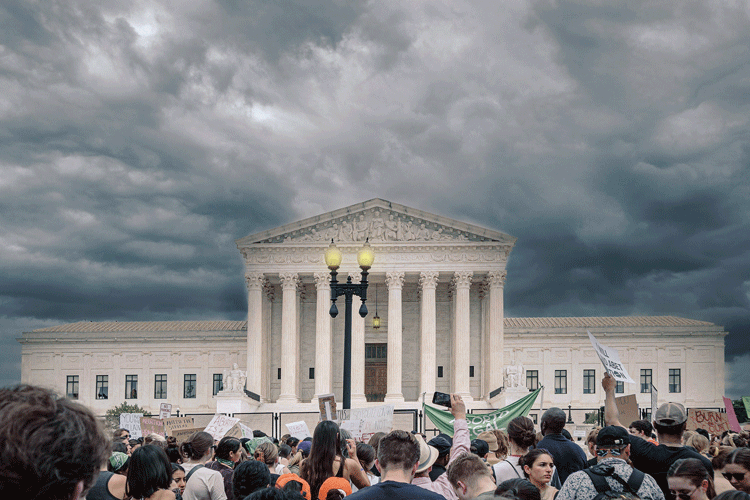
In effect, the rulings impose the religious values of a relatively narrow Christian faction on people who might not share those values, said Song, the First Amendment scholar. If a football coach at a public high school is now allowed to pray at the 50-yard line after a game, will his players feel pressure to pray? Or will Jewish, Hindu or atheist women be denied abortions even if their moral beliefs differ from the conservative Christian values advanced by the court?
“Coercion is a good lens, an important word, that connects those cases,” Song said.
When a court issues such decisions imposing Christian values, that represents an enormous advance for Christian nationalism.
“When a powerful minority of conservative Christians is able to use the power of the state to enforce its values over everyone else,” Song said, “the democratic legitimacy of that power is called into question.”
In a time of crisis, moderate and liberal Christians struggle to find a voice
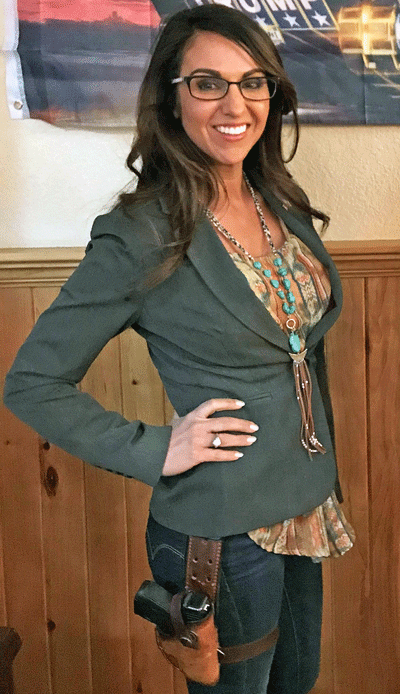
As the momentum shifts in their favor, some prominent right-wing political leaders are becoming more explicit, pressing views that verge on religious authoritarianism.
Hard-right U.S. Rep. Lauren Boebert (R-Colo.) recently described the separation of church and state as “junk.”
“The church is supposed to direct the government,” she insisted at a recent religious service. “The government is not supposed to direct the church. That is not how our Founding Fathers intended it.”
Doug Mastriano, the Republican candidate for governor in Pennsylvania, has ties to a church that advocates theocracy and fetishizes the AR-15, a semiautomatic rifle used in recent mass shootings.
Chen, co-chair of the Berkeley Center for the Study of Religion, shares concern about the advance of Christian nationalism but, she said, there’s a risk in focusing only on that trend. It distorts our understanding of the struggle and change underway in American Christianity — changes that could have far-reaching consequences for all Americans.
The Christian church broadly “has been having to ask questions of itself for the last 50 years” — questions about the legacies of racism, sexism and child abuse, Chen said. “Now is when all of these things are coming to a head. … And in this crisis, there is embedded an opportunity for change and transformation.
Chen and other Berkeley scholars say Christian nationalists — whether the rebels at the Capitol or justices on the Supreme Court — don’t represent mainstream U.S. Christianity. The scholars see a different narrative taking shape, one not usually found on the news media radar.
Christian churches have been deeply important for immigrants from Latin America and Asia, Chen said. Among evangelicals under 30, half are people of color. A small but growing group of evangelicals is running for office as Democrats.
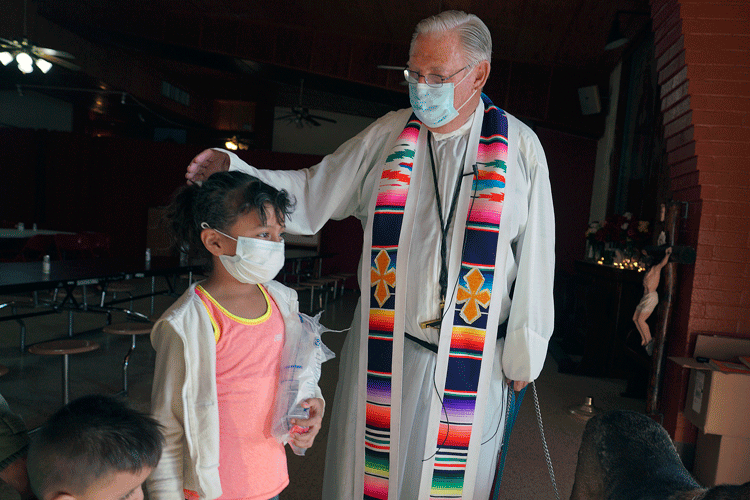
Meanwhile, Chen said, Christian groups continue to do important social work — feeding the poor, caring for the sick, ministering to LGBTQIA+ people and supporting immigrants and political refugees across the country.
But there is, at best, limited opposition to the extremist narrative, she said, because Democrats and progressives — whether religious or not — struggle to talk about religious issues. As a result, they lose connection with thousands of communities where religion is a vital day-to-day interest.
That may allow the anti-democratic narrative of white Christian nationalism to advance in those communities without effective challenge. There, too, though, the Berkeley scholars see signals of a shifting dynamic.
Earlier this year, the Baptist Joint Committee for Religious Liberty, a national faith-based organization focused on upholding Americans’ right to follow their spiritual beliefs, co-sponsored a critical report on the role of white Christian nationalism in the Jan. 6 attack. Last month, a coalition of religious groups — including Jews, Buddhists and Christians — cited religious freedom in filing suit to overturn Florida’s new abortion restrictions.
Stahl sees evidence of new alliances and initiatives to advance religious pluralism and challenge Christian nationalism. Still, she said, today’s deep conflict over the role of religion in U.S. democracy won’t be easily resolved.
“We’re at a crossroads,” she said. “In the next few years, we’re going to see a lot that could push things in one direction or another.”
(Carolyn Chen, Ronit Stahl and David Hollinger will discuss Hollinger’s new book on Oct. 10 during a forum sponsored by the Berkeley Center for the Study of Religion.)
